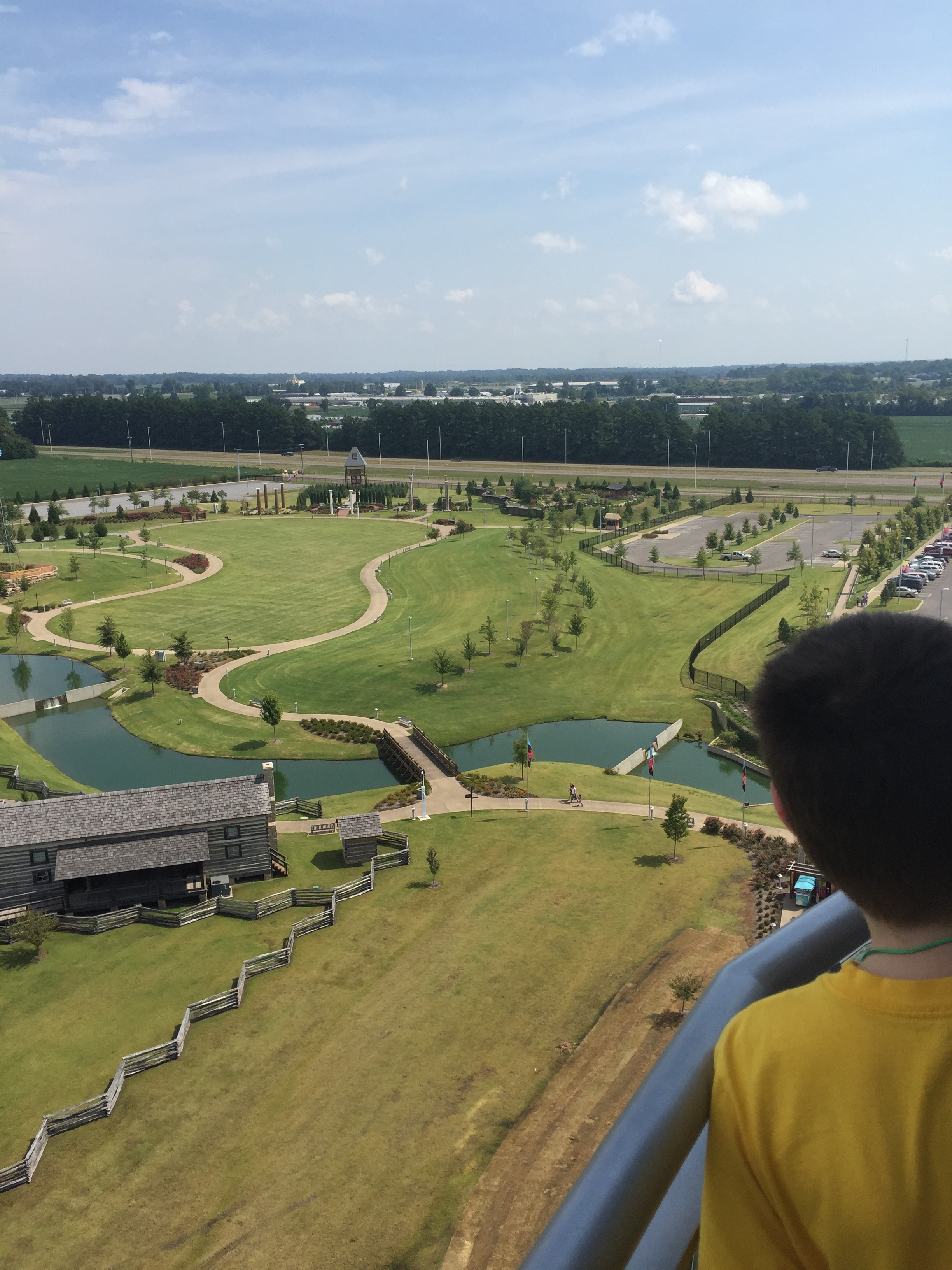The start of the school year brings about a lot of changes for me. I have much less time for blogging, vlogging, writing, critiquing, etc. That time gets taken up by grading, lesson planning, research, preparation, and helping my own child with his homework. Despite this, it can wind up being a remarkably insightful time for me as a writer. My interaction with students and faculty bring me lots of new ideas and concepts for stories, characters, and even life in general. This week had me realize something that I used to think was limited to just teenagers, but I believe that it impacts writers a lot as well: we compromise to protect a certain image.One of the most frustrating thing that a teacher experiences is when we know that a student is intelligent and capable, but they will not take advantage of their abilities. I see this a lot in my creative writing lessons because they are not part of a graded course, so students are less inclined to put forth the effort. I always have a few students that do not want to put the thought into an assignment or answer that they could. They are capable, but they are oftentimes concerned about their reputation. They are afraid that if they show that they can be thoughtful and creative that it might ruin their image of being a class clown or that others might think that they are a nerd. It has held back some great talent, and it is a frustrating trait that I thought might exist only in middle school. I was wrong.
Writers are often writers by hobby more than by profession. This creates a situation very similar to that of middle school students. You have a professional reputation to protect, and knowing that someone might connect your writing with your profession may force you to compromise some of your ideas or plans for your story. I have been guilty of this on many occasions. The question is, should it? In an ideal world, a writer should be able to express their ideas without their art impacting their professional image. Of course, I don't have to tell anyone that we do not live in an ideal world. I am not talking about extreme cases here. I am talking about language used in the writing or perhaps some character traits. So where do you draw the line? Where do you decide that you need to compromise your art in order to protect your professionalism? Should you even consider such a thing? My thoughts on this depend upon your profession. Some professions and employers don't care if you write a book with some foul language and some unsavory characters. There is little connection with your profession and your hobby. In that case, don't compromise if you can avoid it. Other professions have little separation. What you do at any time is seen as a reflection of you as a professional. When that is the case, it is time to compromise, and keep that in mind as you write.
I am certain that several people just said some of those words that I am would recommend avoiding in some people's writing. I'm sure that the word "sellout" is flashing through several people's minds. First of all, I am writing this for amateur authors, not professionals. If you are an amateur, you have to worry about keeping food on the table. Practicality has to rear its ugly head now and again. Secondly, compromising some of your ideas can lead to a better final product. If you force yourself to rethink your approach to your story, you will often come up with some ideas that you wouldn't have even considered before when you were hooked on your original idea. Being forced to compromise can be a bridge to new approaches and a better final product. Life isn't always fair, but that doesn't mean that it can't be fruitful!


















